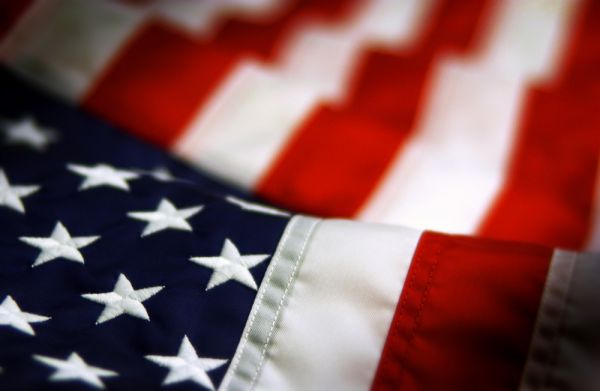Marcus Howard is a registered nurse in the Critical Care Unit at Prairie Lakes Healthcare System. Every day he works to serve and nurse our patients. But that is not all that makes this individual so note worthy. Marcus is in the Army National Guard as a healthcare specialist, commonly known to civilians as a combat medic.
Camp Ripley in Little Falls, Minnesota invited a Prairie Lakes’ staff member to attend Bosslift; a two day event that allows bosses of Service Members to witness and interact with their annual training exercise. Megan Merkel, Critical Care Unit Resource Nurse, represented Prairie Lakes to witness and learn from this annual event.
Marcus, it’s an honor to have service men and women working at Prairie Lakes. How long have you worked here?
I've worked at Prairie Lakes for 4 years. I started as a Telemetry Technician, and I have worked as an RN in the Critical Care Unit for the last 2 years. I have an Associates and Bachelor's degree in nursing both from USD. The Army paid for the majority of my education along with the monthly GI bill. The army has really set me up for success.
And how long have you been in the Army National Guard?
I have been in the South Dakota Army National Guard for 8 years as a 68W which is a healthcare specialist aka combat medic. My training for the guard included basic combat training (3 months) at Fort Sill, OK and Advanced Individual Training (AIT) where I was taught how to be an Army Medic (4 months) at Fort Sam Houston, TX.
Megan, you represented Prairie Lakes at Bosslift July 15th and 16th. What did you witness?
We were able to get an inside look at the workings of the National Guard. I was able to see their medical simulation lab, virtual reality exercises, how the unmanned aircrafts worked, how the military uses technology in some of the most desolate areas of the world and I was able to witness all the guard members work together to “bridge the gap”, which was literally building a bridge across a body of water to move troops ahead.
What did you learn that you didn’t know before?
I actually learned quite a bit during the Bosslift, one of the most interesting thing that I learned was with the unmanned aircrafts, many times when air assaults are being done halfway across the world, pilots right here in the Midwest are piloting them. I was also amazed at the ability of all of the different companies to come together for a common goal which was witnessed in the bridging a gap exercise.
Is there an event or training exercise that really stood out?
The bridging the gap was very interesting because they really simulate a war. The troops have to work with enemy gunfire and bombs going off and still stay focused on the goal of finishing the bridge.
My favorite part was seeing their medical simulation lab. Their mannequins were completely life like and they had rooms that they would fill with smoke, strobe lights and war noises and the medics, which is what Marcus is, would have to go into these rooms, find the victim and treat then in that environment. Working in a hospital with all of our supplies and resources available in a relatively controlled environment, I couldn’t imagine working under that stress.
It sounds like you really witnessed some impressive training exercises. Marcus, what is your current role and how does it affect your daily life?
My rank is Specialist, and I deployed to Afghanistan in 2010. My job as a medic is to provide medical care to the soldiers of the 196th Maneuver Enhancement (MEB).
My enlistments are in 6 year increments. I'm currently on my 2nd enlistment. My obligation includes 1 weekend a month and 2 weeks during the summer. I work every third weekend at the hospital, so my weekends with my wife and son are limited. On the flip side, I feel the Army has taught me to stay calm in crisis situations, which helps me in the CCU. I have also made lasting relationships with my brothers and sisters in arms.
Thank you, Marcus and Megan, for sharing your stories to help civilians, like myself, understand the work Service Members do to keep us safe.
